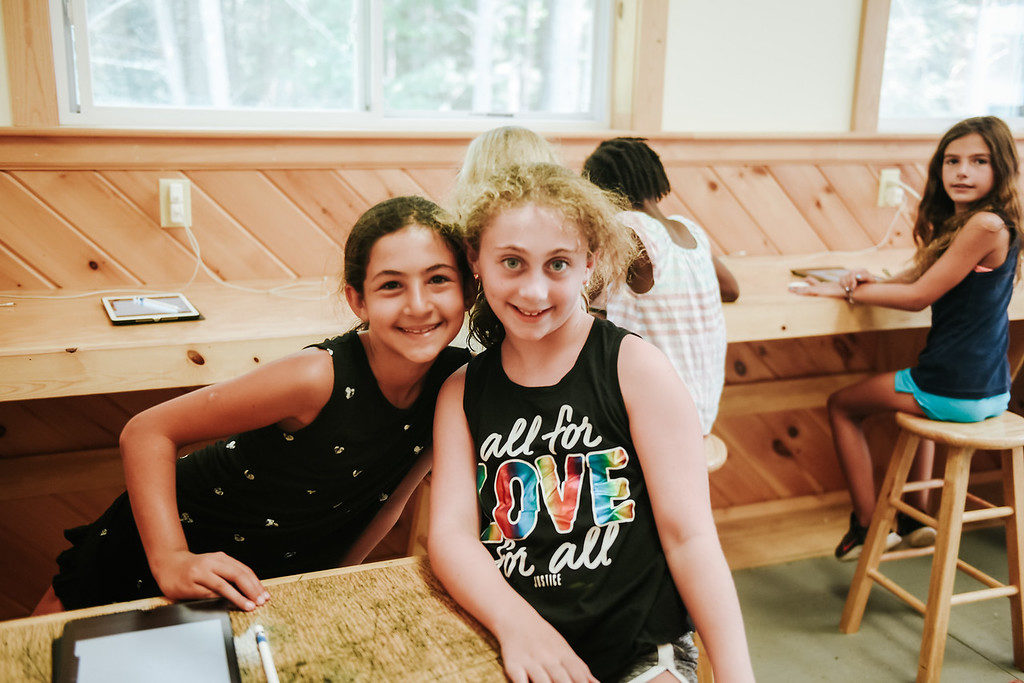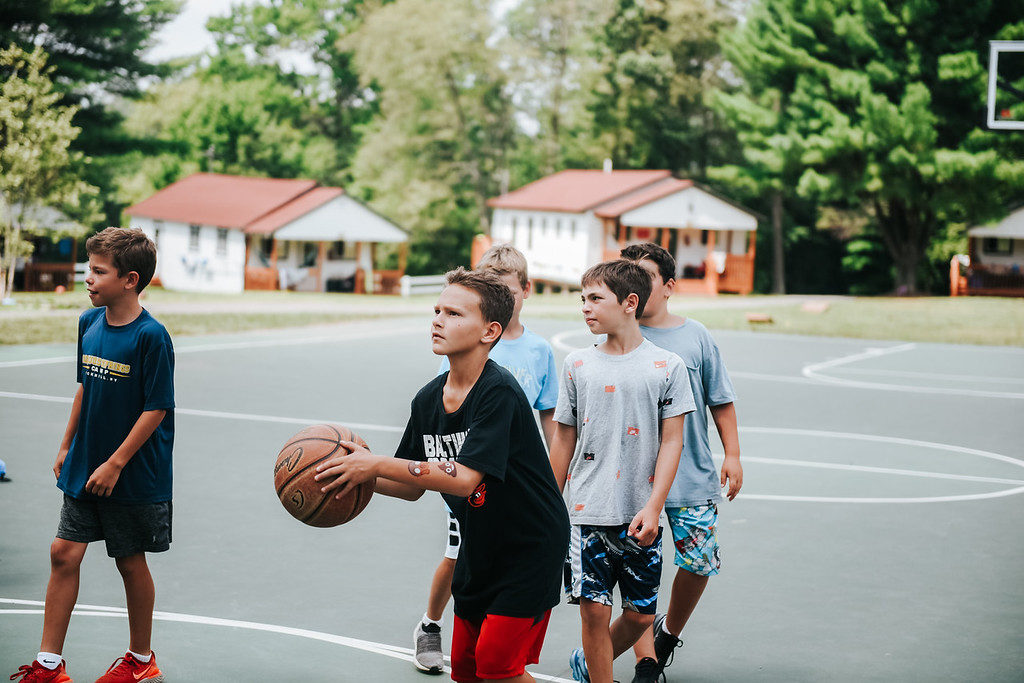Social Media & Our Kids
I remember the days of bringing my three young children to the park for some playground time. They always took off toward the swings, slides, and anything they could climb up and jump off. They loved every minute of it, and like a true parent, I was anxiously running around, trying my best to protect them from falling or getting hurt. Fast forward ten years later, and I still want to protect them from harm. They of course have mastered the playground and many other physical challenges, but now my worries turn to something less tangible…navigating Social Media.

Yes, having the world at your fingertips has its advantages, but scrolling through news feeds flooded with images and updates of everyone’s lives on social media can have its drawbacks too. Kids today know one another’s every move and they are comparing themselves to those who appear to have it all, often resulting in increased anxiety, depression and low self-esteem. FOMO (fear of missing out) is more prevalent than it’s ever been. Research shows that FOMO is associated with loneliness, lower mood and life satisfaction. Gone are the days of not knowing you weren’t invited to a party. What we didn’t know didn’t hurt us. Today, kids know what’s going on with every Instagram and Snapchat, and it’s getting increasingly difficult to protect them from feeling excluded or like they don’t measure up to their peers. It can be devastating, even for the most well-adjusted kid, to see a picture of a gathering they were not invited to.

Now that young people are spending a majority of their waking hours connected to some device, it’s important for parents, educators, coaches and mentors to protect kids from feeling the negative impact of social media. We need to teach them life skills and inner-strength to cope with the upsets of social media. Yes, it feels terrible to be left out, but pictures only show a moment and are not always what they appear to be. We can let kids know that they can’t be invited to everything, and we can encourage them to be mindful when they are posting pictures of their events. Most kids are not posting with the intention of being hurtful, they just want to share the fun they are having. Most importantly, we can encourage them to put down the phone, and be a part of experiencing life in real time.
Kids who attend sleepaway camp are given the gift of a much-needed breather from social media. Being unplugged at sleepaway camp gives kids the opportunity to experience life offline. And thanks to the unplugged policy at most sleepaway camps, campers don’t feel they are missing out on posting and viewing how their friends are spending their summer…they instead are building their own experiences and memories with their camp friends. There is no FOMO at camp because everyone is part of the picture. Campers learn to socialize and communicate without using a screen. They get a much-needed break from social media and gain life skills of independence, problem solving and teamwork, and create real friendships that don’t require “likes.” No tapping away, no pings, and no distractions… it’s all very liberating. Campers build the confidence and resilience they need for when they return to the world of social media and are faced once again with the constant sharing of our times.

